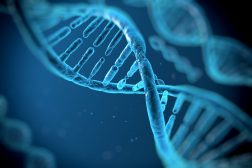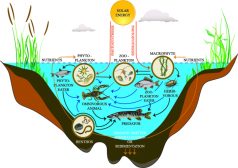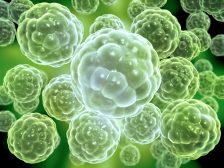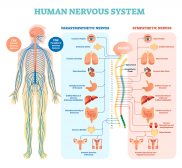Definition
noun
The state of being isotonic, or having equal tension or tonicity
Supplement
In biology, tonicity pertains to two definitions. The first one is associated with the osmotic pressure exerted upon a membrane and the other is about tone or tension (in a muscle or an organ). Relevant terms include isotonicity, hypertonicity, and hypotonicity.
In general, isotonicity pertains to the state of being isotonic, or having equal tension or tonicity. At the cellular level, isotonicity may pertain to a property of a solution in which its solute concentration is the same as the solute concentration of another solution with which it is compared. It may also pertain to a condition or property of a solution that has the same tonicity as the other solution with which it is compared. In tissue level, isotonicity is defined as a condition in which the muscle remains to be in a relatively constant tension while its length changes.
Isotonicity occurs in a cell when its solute concentration is the same as the solute concentration of the environment surrounding the cell. The result is there is no net movement of the water and permeable solutes.
Word origin: iso– + Greek tonos (“tension”)
Compare:
See also:
Related form(s):
- isotonic (adjective, of, pertaining to, or relating to, isotonicity)







